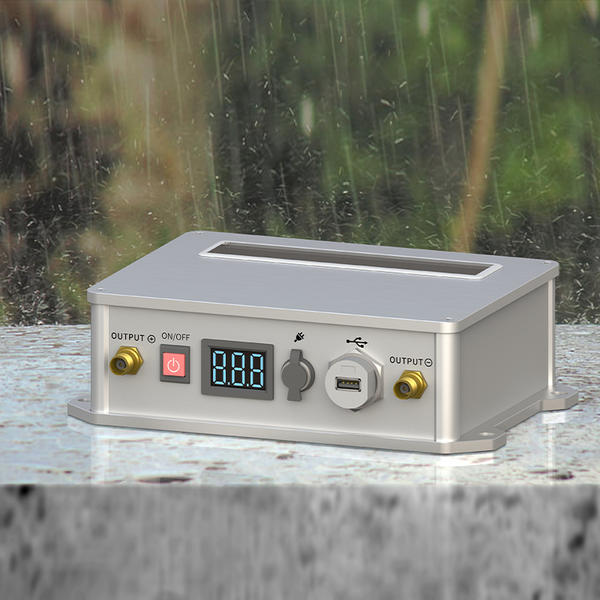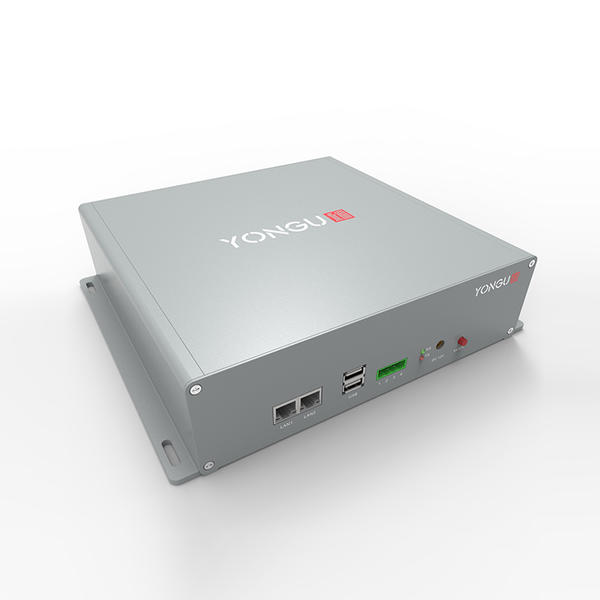In an era where precise positioning is crucial for various industries, GNSS (Global Navigation Satellite System) technology has become indispensable. However, the delicate nature of GNSS equipment demands robust protection, especially in challenging environments. This article explores the critical role of rugged GNSS enclosures in safeguarding precision positioning equipment and ensuring uninterrupted operation across diverse applications.
The Importance of GNSS Enclosures
GNSS signals are relatively weak when they reach the Earth's surface, making them susceptible to interference and environmental factors. Well-designed GNSS enclosures serve as the first line of defense against these challenges, providing essential protection for sensitive equipment. They play a crucial role in:
Maximizing antenna performance: Enclosures help optimize antenna gain and sky visibility, which is crucial for accurate positioning.
Mitigating interference: Properly designed enclosures can reject multipath signals and minimize interference from other sources.
Environmental protection: Rugged enclosures shield equipment from harsh conditions such as water, dust, extreme temperatures, and physical shocks.
Ensuring operational continuity: By protecting against jamming and spoofing attempts, enclosures help maintain the integrity of GNSS-dependent systems.
Key Requirements for GNSS Enclosures
To effectively protect GNSS equipment, enclosures must meet several critical requirements:
Robust construction: Aluminum is often the material of choice, offering an excellent balance of strength and lightweight.
Weather resistance: Enclosures should be weatherproof, with proper sealing to prevent ingress of water and dust (typically IP67 rated or higher).
Signal transparency: The enclosure design must allow unobstructed passage of GNSS signals while blocking potential interference.
Thermal management: Proper ventilation or cooling systems are essential to maintain optimal operating temperatures for the equipment.
Security features: Locks and tamper-evident seals help prevent unauthorized access and protect against theft.
Flexible mounting options: Enclosures should support various mounting configurations (pole, wall, or rack) to suit different installation scenarios.
Design Considerations for GNSS Enclosures
When designing or selecting a GNSS enclosure, several factors should be taken into account:
Antenna placement: The enclosure should allow for optimal antenna positioning, typically parallel to the horizon for patch antennas, with a clear view of the sky.
Cable management: Knockouts and weatherproof seals for cable routing are essential for maintaining the enclosure's integrity while allowing necessary connections.
Size and weight: The enclosure should balance protection with portability, especially for mobile applications.
Customization options: Flexibility to accommodate specific equipment configurations and additional components is crucial for diverse applications.
Electromagnetic compatibility: The enclosure should not interfere with the GNSS signals or other electronic equipment.
Applications Across Industries
Rugged GNSS enclosures find applications in numerous sectors, including:
Surveying and mapping: Protecting high-precision GNSS receivers in outdoor environments.
Agriculture and construction: Safeguarding equipment used in autonomous vehicles and precision farming.
Marine and aviation: Ensuring reliable navigation in harsh maritime and aerospace conditions.
Critical infrastructure: Protecting timing and synchronization equipment for power grids and telecommunications networks.
Defense and security: Shielding military-grade GNSS equipment from environmental hazards and potential threats.
Custom GNSS Enclosure Solutions
For applications requiring specialized GNSS enclosures, manufacturers like YONGU offer custom solutions tailored to specific needs. With 17 years of experience in aluminum enclosures, YONGU provides:
- In-house design, machining, and finishing capabilities
- Rapid prototyping and volume production
- Turnkey solutions adapted to customer requirements
Conclusion
Rugged GNSS enclosures are essential for protecting precision positioning equipment in challenging environments. By considering key requirements and design factors, industries can ensure the reliability and longevity of their GNSS systems. As GNSS technology continues to evolve and find new applications, the role of purpose-built enclosures in safeguarding these critical assets will only grow in importance.
For custom GNSS enclosure solutions tailored to your specific needs, consider reaching out to YONGU. Their expertise in aluminum enclosures and manufacturing capabilities can help you develop the ideal protection for your GNSS equipment, ensuring optimal performance in even the most demanding conditions.





